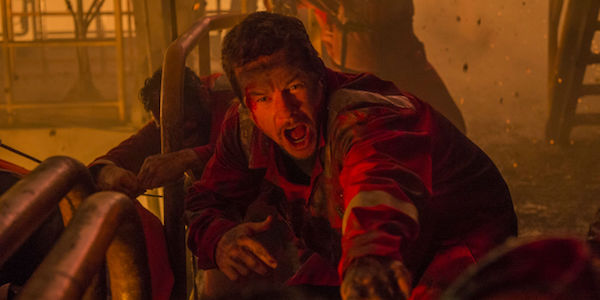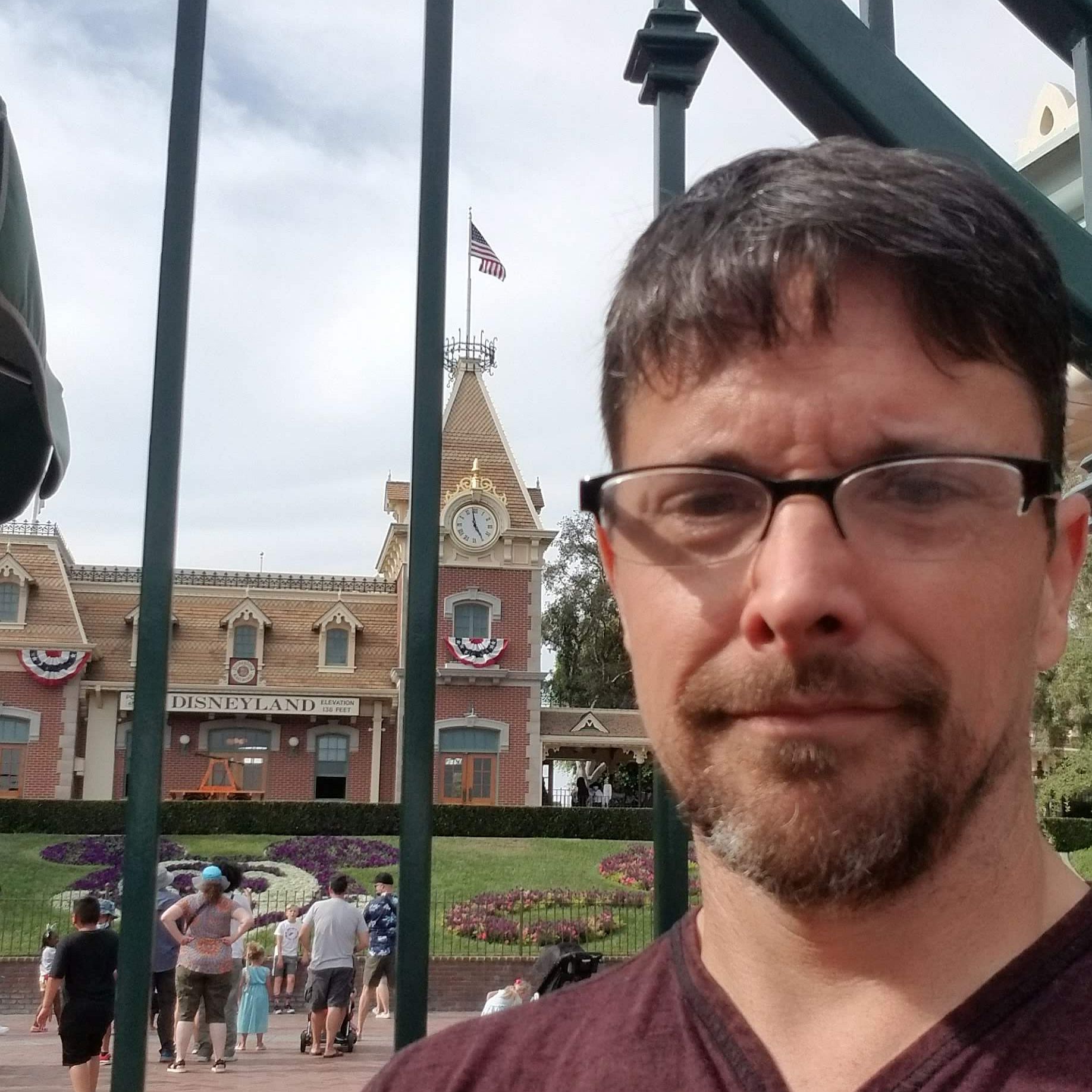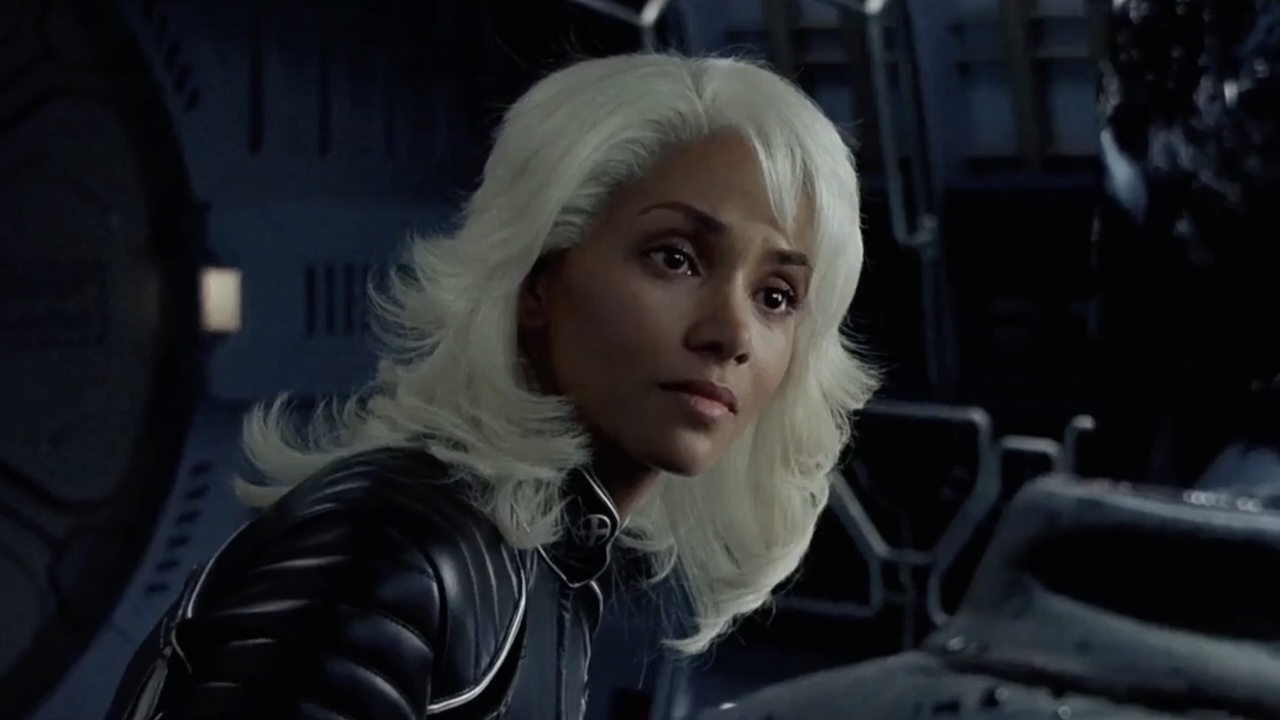Deepwater Horizon Already Being Questioned About Its Accuracy

Your Daily Blend of Entertainment News
You are now subscribed
Your newsletter sign-up was successful
Whenever real life events are adapted for the screen, some changes are going to be made. However, the changes that Deepwater Horizon made for dramatic effect may have significantly changed the story. Many of the people in the New Orleans area who lived through the actual events have received an early look at the film, and some are critical of how it tells the story, including an attorney who represented some of the families after the tragedy.
The story that's portrayed in the movie is certainly far apart from the actual reality of what occurred.
Deepwater Horizon tells the story of the events that led up to the accident onboard the drilling rig of the same name, causing the death of 11 people and the worst environmental disaster in the history of the world. However, while the movie may do a good job showing audiences the details and the decisions that led to the event, according to New Orleans WWLTV, it doesn't do a very good job showing you who made those decisions.
Much of the problem appears to be in the portrayal of the British Petroleum executives in the film, primarily the character of Don Vidrine, played by John Malkovich. In the film, Vidrine is shown as the man who explains away the bad pressure reading they are receiving as something called a "bladder effect." In actuality, it was apparently the rig's owners at Transocean who made this argument to the people at BP. In addition, while the movie points out that Vidrine was acquitted of manslaughter charges, it doesn't point out that BP as a company was convicted of the same charge, and forced to pay a $4 billion fine as a result of numerous environmental felonies.
There were also, of course, several more people at BP other than Don Vidrine who played their part in attempts to cut corners in order to get the Deepwater Horizon back on schedule, however, none of them are ever seen or mentioned in the film. The film lays the entire blame for the accident at the feet of BP for rushing things in order to make money, however, the federal Marine Board investigation did find that the drilling crew did make some serious errors.
Earlier this month, Clint Eastwood's Sully received some similar criticism for the film's depiction of the National Transportation Safety Board. The movie makes them the villains of the piece, attempting to find fault in Chesley Sullenberger's decisions when no such attack ever really took place.
While real life events often make for good drama, they rarely take place in the same way that they would if the story was being written. It's ok that movies take some creative license. The key is that people should not automatically assume that the way something happened in a movie is the same as what actually happened.
What's your feeling on events that change in film for dramatic effect? Talk it out in the comments.
Your Daily Blend of Entertainment News

CinemaBlend’s resident theme park junkie and amateur Disney historian, Dirk began writing for CinemaBlend as a freelancer in 2015 before joining the site full-time in 2018. He has previously held positions as a Staff Writer and Games Editor, but has more recently transformed his true passion into his job as the head of the site's Theme Park section. He has previously done freelance work for various gaming and technology sites. Prior to starting his second career as a writer he worked for 12 years in sales for various companies within the consumer electronics industry. He has a degree in political science from the University of California, Davis. Is an armchair Imagineer, Epcot Stan, Future Club 33 Member.
